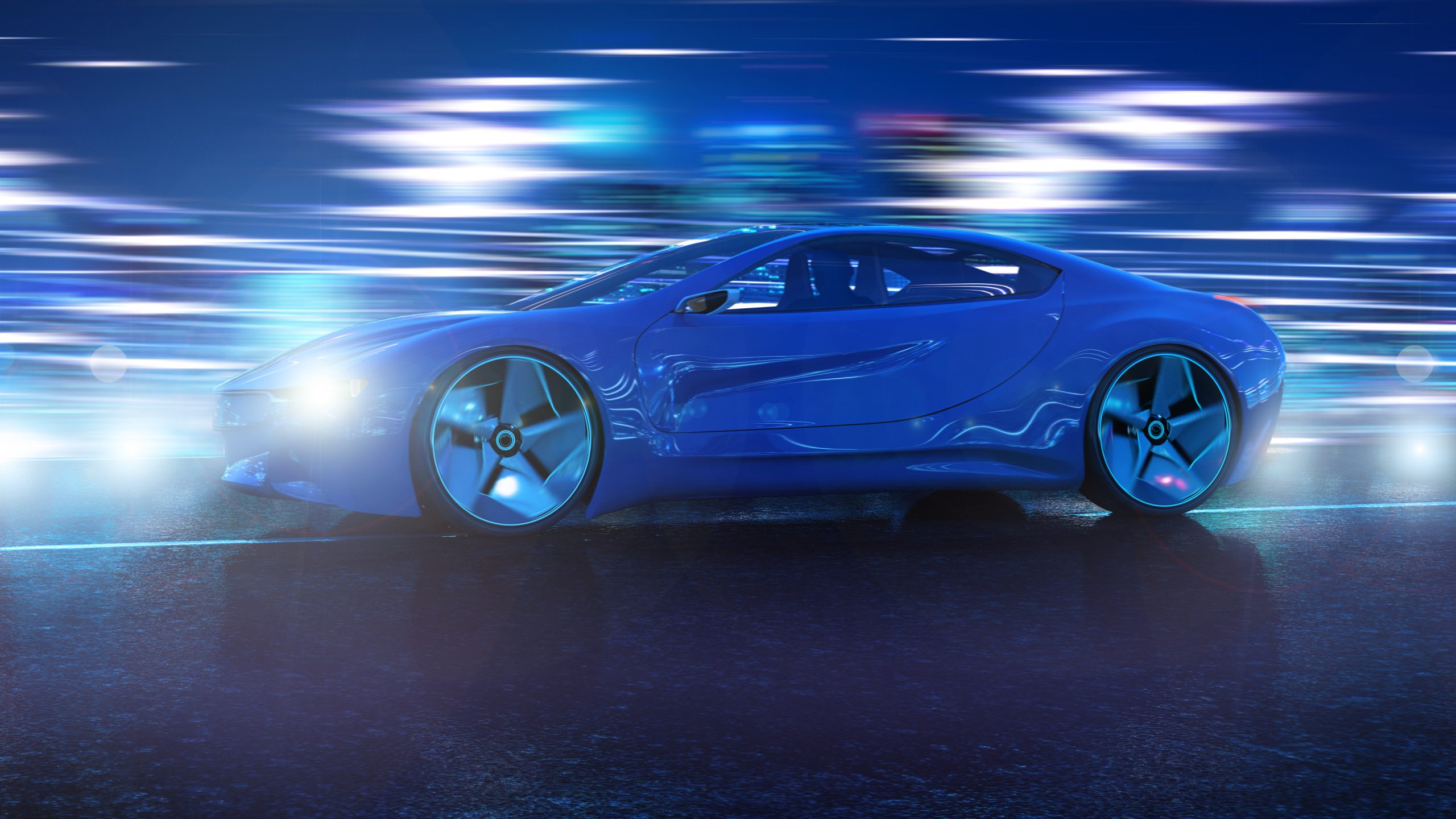 Elektro Hybrid Sportwagen bei Nacht.
Electric hybrid sports car at night.
Elektro Hybrid Sportwagen bei Nacht.
Electric hybrid sports car at night.
Electronics in automobiles and in the charging infrastructure must function reliably without malfunctions and, of course, must also be safe. Malfunctions can have fatal consequences for the occupants and other parties involved, as well as for rescue forces. Testing and certification by the VDE Institute ensure trouble-free mobility, regardless of whether the drive is electric or powered by fuel.
Based on its decades of experience in testing electrical safety, the VDE Institute tests the charging infrastructure with its wallboxes, AC and DC charging stations, cooled high-power charging systems, and charging cable sets (IC-CPDs), which are included with all e-vehicles. This also applies to inductive charging systems, which are thoroughly tested and certified. For electricity meters that can be installed in charging stations, the VDE Institute is a Notified Body according to the MID Directive (2014/32/EU) and can therefore perform all necessary tests and conformity assessments.
In the overall context of the charging infrastructure, charging stations and wallboxes, data security and vulnerability to external attacks are also checked in the form of cyber and IT security tests. As the technical service appointed by the German Federal Motor Transport Authority (KBA), the VDE Institute also checks whether electric vehicles and also Light Electrical Vehicles (LEV) and PEDELECs are safe, particularly with regard to their electromagnetic compatibility (EMC) in accordance with UN ECE-R10. Components (EUB = electronic sub-assembly) of conventional vehicles are also tested by the VDE Institute according to ECE-R 10 or factory standards or delivery specifications of manufacturers and suppliers. Standards that can be considered for a statement of conformity to the Low Voltage and Radio Directive (RED) can also be consulted and their compliance verified.
Chemical, mechanical and thermal battery testing in VDE
With the developments in electromobility and the increased demand for wireless electrical devices, the demand for powerful and reliable batteries is naturally also increasing. Thanks to lithium-ion batteries and other technologies, more and more electrical products will be able to “go off the grid” in the future that have been connected to the power cable up to now.
Therefore, VDE experts perform tests on all types of batteries and storage systems using their state-of-the-art test center for battery and environmental simulation testing. Currently, tests are carried out for consumer electronics, medical devices, household appliances, tools for home and garden or energy storage systems in Germany and Singapore (soon: USA and China).
Chemical analyses and tests are carried out with regard to compliance with the requirements of the Battery Directive 2006/66/EC and corrosion resistance is assessed. Mechanical testing examines the effects on batteries of shock, vibration, negative pressure, crushing, piercing, free fall and impact. A climatic chamber is used to test whether batteries can withstand various thermal conditions (climatic test, thermal shock, humidity).
VDE will be an exhibitor at eMove360° Europe, which will take place from October 17 to 19, Messe München, Eingang Ost.